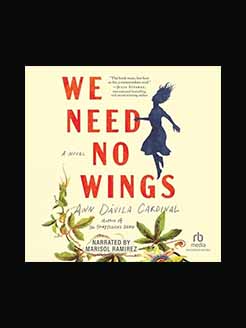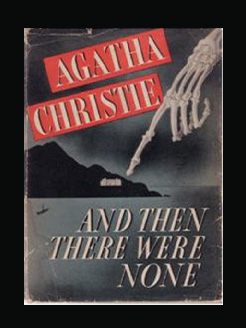Published in 2023 (first published 1949)
500 pages
Alba de Céspedes y Bertini was a Cuban-Italian writer.
Ms. de Céspedes was the daughter of Carlos Manuel de Céspedes y Quesada (a President of Cuba) and his Italian wife, Laura Bertini y Alessandri. Her grandfather was Carlos Manuel de Céspedes and a distant cousin was Perucho Figueredo. She was married to Francesco Bounous of the Italian foreign service
Ms. de Céspedes worked as a journalist in the 1930s for Piccolo, Epoca, and La Stampa. In 1935, she wrote her first novel, L’Anima Degli Altri. In 1935, she was jailed for her anti-fascist activities in Italy. Two of her novels were also banned (Nessuno Torna Indietro (1938) and La Fuga (1940)). In 1943, she was again imprisoned for her assistance with Radio Partigiana in Bari. After the war she went to live in Paris.
What is this book about?
From the author of Forbidden Notebook, Alba de Céspedes, a richly told novel she called “the story of a great love and of a crime.”
As she looks back on her life, Alessandra Corteggiani recalls her youth during the rise of fascism in Italy, the resistance, and the fall of Mussolini, the lives of the women in her family and her working-class neighborhood, rigorously committed to telling “her side of the story.”
Alessandra witnesses her mother, an aspiring concert pianist, suffer from the inability to escape her oppressive marriage. Later, she is sent away to live with her father’s relatives in the country, in the hope she’ll finally learn to submit herself to the patriarchal system and authority. But at the farm, Alessandra grows increasingly rebellious, conscious of the unjust treatment of generations of hardworking women in her family. When she refuses the marriage proposal from a neighboring farmer, she is sent back to Rome to tend to her ailing father.
In Rome, Alessandra meets Francesco, a charismatic anti-fascist professor, who ostensibly admires and supports her sense of independence and justice. But she soon comes to recognize that even as she respects Francesco and is keen to participate in his struggle to reclaim their country from fascism, this respect is unrequited, and that her own beloved husband is ensnared by patriarchal conventions when it comes to their relationship.
In these pages, De Céspedes delivers a breathtakingly accurate and timeless portrayal of the complexity of the female condition against the dramatic backdrop of WWII and the partisan uprising in Italy







